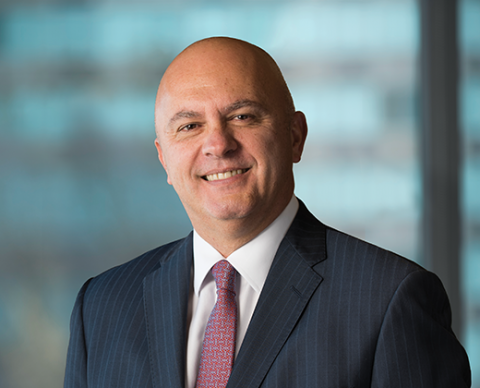
Sales revenue for the year totalled A$2,956m, up 3% on a comparable basis reflecting stronger underlying demand curtailed by the impacts of exceptional rainfall and construction industry shutdowns.
Earnings before interest and tax, depreciation and amortisation were A$330m, down by 19% on the previous year.
Boral CEO and director Zlatko Todorcevski said that although revenue grew, challenging external operating factors had severely impacted earnings, and actions had been taken to respond.
He added: “Boral’s revenue benefited from stronger infrastructure and residential activity. However, industry-wide construction lockdowns and exceptional rainfall, particularly in NSW and Queensland, curtailed volumes and significantly impacted margins. In addition to reducing operating efficiency, these events resulted in additional operating and repair costs.
“With supply chain constraints and labour shortages remaining a key issue across the industry, major projects continued to experience delays. However, we expect momentum to improve in FY2023, and to benefit from several key projects we’ve secured including the Western Sydney Airport terminal, Sydney Metro West – Central Tunnel Package, Sydney Metro West – Western Tunnel Package, and Tonkin Gap in Western Australia."
Todorcevski said that sharp increases in energy costs, and significant increases in cartage costs above historical inflation, totalled A$58m. These cost increases, combined with the impact of the construction shutdowns and extraordinary rainfall, adversely impacted EBIT by A$136m, and more than offset the benefit of higher revenue and transformation initiatives.
He added: “We’ve taken a number of actions to respond to the challenges. These include implementing pricing initiatives, accelerating overhead cost reductions through a simplified corporate organisational structure that will create a more agile and efficient organisation, and taking steps to mitigate our energy cost exposure.”
Todorcevski said that despite the headwinds, Boral had continued to make solid progress on its strategic priorities to establish a stronger foundation from which to drive improved earnings and margins.
“A significant milestone in FY2022 was completion of the strategic portfolio realignment to Australian construction materials, which enabled the return of significant capital to shareholders.
“Our transformation programme delivered a net benefit of A$42m (excluding energy and above historical cartage inflation), which was below our target of A$60–A$75 million. The programme was impacted by delays in some of our transformation initiatives, including due to COVID-related supply chain impacts and higher cost inflation.”
In terms of its full-year 2023 outlook, Boral expects revenue to be higher than FY2022, driven by strong price growth and increased volumes, with volumes to
benefit from less disruption, including no construction shutdowns and higher construction demand
In addition, it says that stronger infrastructure demand, including accelerating major projects work, and improved non-residential activity will more than offset softening detached housing demand in 2H FY2023
There is a high risk of further adverse impacts due to exceptional rainfall, with July 2022 the wettest July on record in Sydney. The benefit of price increases coupled with performance improvement initiatives is expected to more than offset the impact of significant total cost inflation, with energy costs remaining elevated.














